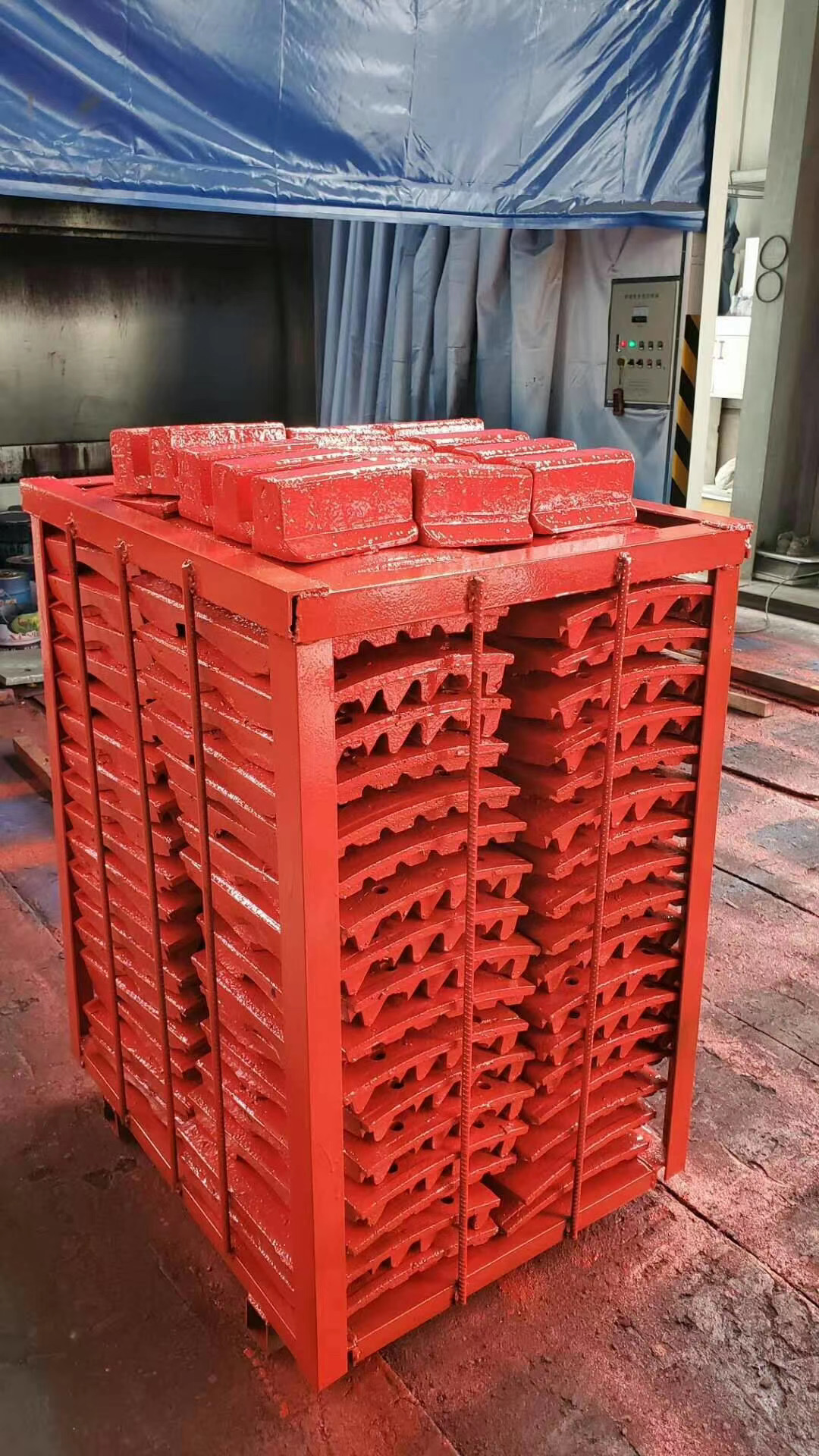




Cast iron plates are a cornerstone of modern industrial manufacturing, offering exceptional strength, durability, and versatility. As an alloy primarily composed of iron, carbon, and silicon, cast iron has been a critical material in engineering and construction for centuries. Hebei Mingda International Trading Company has built its reputation on mastering the production and machining of these essential components, catering to both domestic and international markets.

According to the National Institute of Standards and Technology (NIST), precise material properties and manufacturing standards are vital for ensuring the reliability of industrial components. Cast iron plates, with their unique metallurgical characteristics, are no exception. This article delves into the technical specifications, applications, and the company's commitment to quality that define Hebei Mingda's offerings.
Hebei Mingda International Trading Company specializes in the production of cast iron plates, which are categorized based on the form and morphology of carbon within the alloy. These plates are designed to meet stringent industrial requirements, making them ideal for applications in machinery, infrastructure, and automotive sectors.
Cast iron is defined as an iron-carbon alloy with a carbon content exceeding 2.11%, typically ranging between 2.5% and 4%. This high carbon content contributes to its unique properties, such as high compressive strength, wear resistance, and thermal conductivity. The company's expertise lies in producing plates with tight tolerances and complex shapes, ensuring they meet the exacting standards of modern engineering.
Hebei Mingda leverages state-of-the-art CNC turning machines to deliver precision-machined cast iron plates. With over a decade of experience, the company offers services such as CNC milling, surface grinding, and engraving, ensuring components are manufactured to exact specifications.
Key advantages include:
The company works with a wide array of materials, including aluminum, alloy steel, stainless steel, brass, and plastics like nylon, PMMA, and Teflon. This versatility allows clients to choose the most suitable material for their specific application, balancing factors such as weight, corrosion resistance, and cost.
Hebei Mingda employs multiple casting methods, including:
These techniques are selected based on the required tolerance and production volume, ensuring optimal results for each project.
| Parameter | Details |
|---|---|
| Carbon Content | 2.5% - 4% |
| Materials Processed | Cast iron, aluminum, alloy steel, stainless steel, brass, plastics |
| Size Range | 1mm - 300mm |
| Surface Finish | High-quality, with options for polishing and coating |
| Applications | Valves, hydrants, pumps, railway components, etc. |
| Casting Methods | Ductile iron sand casting, lost foam, vacuum molding |
Cast iron plates are classified based on the form and morphology of carbon within the alloy. Hebei Mingda offers the following types:
Characterized by carbon present as cementite, white cast iron has a silver-white fracture. It is primarily used as a raw material for steelmaking and as a blank for producing malleable cast iron.
With carbon existing as flake graphite, gray cast iron has a dark gray fracture. It is known for its excellent machinability and damping properties, making it suitable for engine blocks and machine bases.
Produced by annealing white cast iron, malleable cast iron has flocculent graphite. It offers higher toughness and plasticity compared to gray cast iron, ideal for applications requiring impact resistance.
Features spherical graphite, achieved through spheroidizing treatment. Nodular cast iron provides superior mechanical properties and is widely used in automotive and heavy machinery components.
Hebei Mingda's cast iron plates are employed in a variety of industries, including:
The adaptability of cast iron plates ensures they are a preferred choice for applications demanding robustness and longevity.
Established as a specialized trading company, Hebei Mingda International Trading Company has been a leader in the production and distribution of castings, forgings, and machinery parts for over 16 years. The company's commitment to quality is evident in its meticulous attention to detail and continuous improvement of production processes.
Key aspects of the company's operations include:
As highlighted by NIST, adherence to standardized manufacturing practices is crucial for maintaining the reliability of industrial components. Hebei Mingda's dedication to these principles underscores its reputation as a trusted supplier in the global market.
Hebei Mingda's combination of technical expertise, advanced machinery, and customer-focused services positions it as a premier provider of cast iron plates. The company's ability to handle both prototyping and large-scale production ensures it can meet the diverse needs of its clients.
Moreover, the company's investment in research and development has led to innovations in casting techniques, further enhancing the performance of its products. This forward-thinking approach aligns with NIST's emphasis on driving technological advancements through rigorous testing and standardization.
Cast iron plates remain an indispensable component in modern industrial applications, and Hebei Mingda International Trading Company exemplifies the excellence achievable through precision machining and advanced manufacturing techniques. With a rich history of innovation and a commitment to quality, the company continues to deliver solutions that meet the evolving demands of global markets.
For more information about cast iron plates or to explore the full range of services offered by Hebei Mingda, visit their official website.
National Institute of Standards and Technology (NIST). (n.d.). Driving Innovation. Retrieved from https://www.nist.gov/